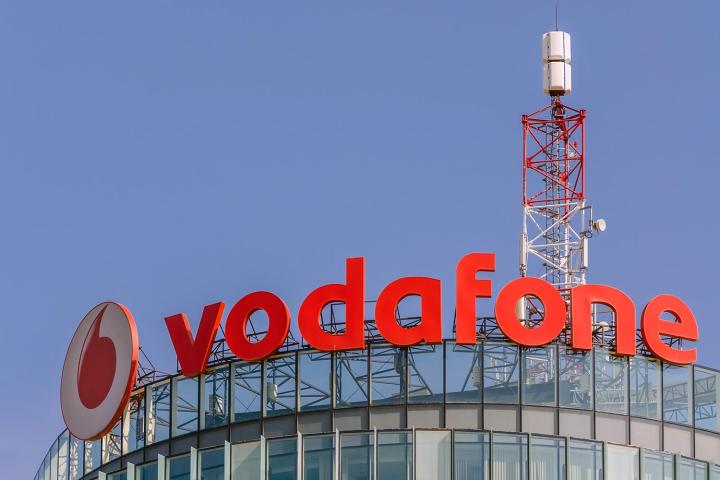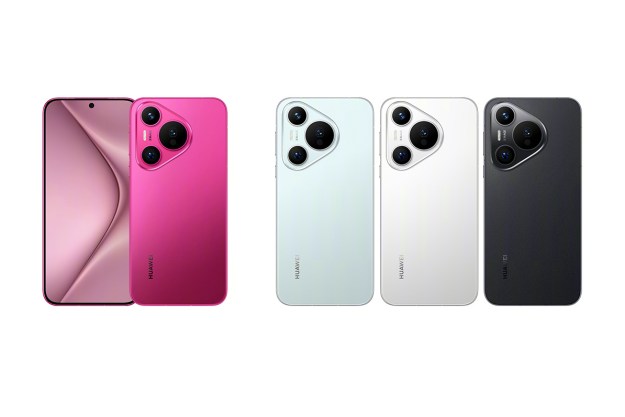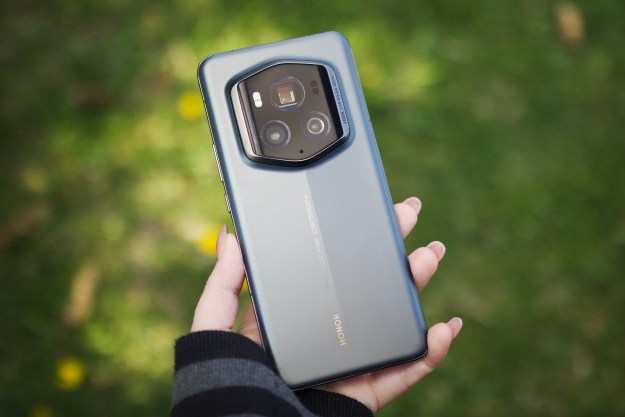
A new report claims that telecommunication companies BT and Vodafone were paid millions of pounds annually for aiding the NSA and British intelligence organizations. According to British technology website The Register, the two companies were the biggest earners of secret payments from spy agency Government Communications Headquarters (GCHQ).
Aside from the payments, the report also claims that BT and Vodafone Cable’s optical fiber communications network in the UK was installed and paid for by the NSA, GCHQ and an obscure British eavesdropping agency called the National Technical Assistance Centre (NTAC).
According to leaked documents from NSA whistleblower Edward Snowden, BT (which has the ultra-classified codename “Remedy”) and Vodafone Cable (codenamed “Gerontic”) were tapped to run secret teams that install secret connections to store customer data and messages in processing centers. BT and Vodafone, along with other companies hired by the GCHQ, were also said to have installed optical fiber “probes” into the equipment of other companies without their knowledge. According to the report, hired firms like BT and Vodafone have groups of employees within the GCHQ called the “Sensitive Relationship Team” or SRT.
The leaked documents also said that before tapping a new international optical fiber cable, the GCHQ would call in BT engineers to determine where to place the probe and how much the firm should be paid. The data that the cables are either sent to GCHQ in Cheltenham or at its remote processing center at Bude in Cornwall.
BT and Vodafone deny the allegations
Both BT and Vodafone have earlier denied aiding the GCHQ. In March last year, a BT spokesman said: “Questions relating to national security are for governments, not telecommunications providers. Having said that, we can reassure customers that we comply with the law wherever we operate and do not disclose customer data in any jurisdiction unless legally required to do so.”
A Vodafone spokesman echoed BT’s statement: “Vodafone complies with the law in all of our countries of operation, including – in the case of our European businesses – the EU Privacy Directive and EU Data Retention Directive … Whilst Vodafone must comply with those obligations (as must all operators), Vodafone does not disclose any customer data in any jurisdiction unless legally required to do so. Questions related to national security are a matter for governments not telecommunications operators.”
Secret Internet spy base
Snowden’s leaks also revealed the existence of a British spy base that extracts information from undersea cables in the Middle East. The location of the structure has remained under wraps since it was first publicized in August 2013.
Now, The Register has revealed the site of the base. The structure, which is operated by GCHQ, is said to be in the village of Seeb, which is about 30 miles northwest from the capital city of Muscat in Oman. The base, which first came to light in a report by the Independent, intercepts communication from undersea cables that pass through the Strait of Hormuz onto the Persian Gulf. The Seeb base is said to be codenamed “Circuit” and “Overseas Processing Center 1 (OPC-1). The information about the facility was in 58,000 GCHQ documents that Snowden downloaded.
The data extracted from the undersea cables is processed by the GCHQ and then shared with operatives from the NSA. According to the report, the Seeb base is just one of three GCHQ sites in Oman. A base near the Strait of Hormuz, codenamed “Timpani,” monitors communications from Iraq. Another site, codenamed Clarinet, is located in the south of Oman and strategically close to Yemen.


